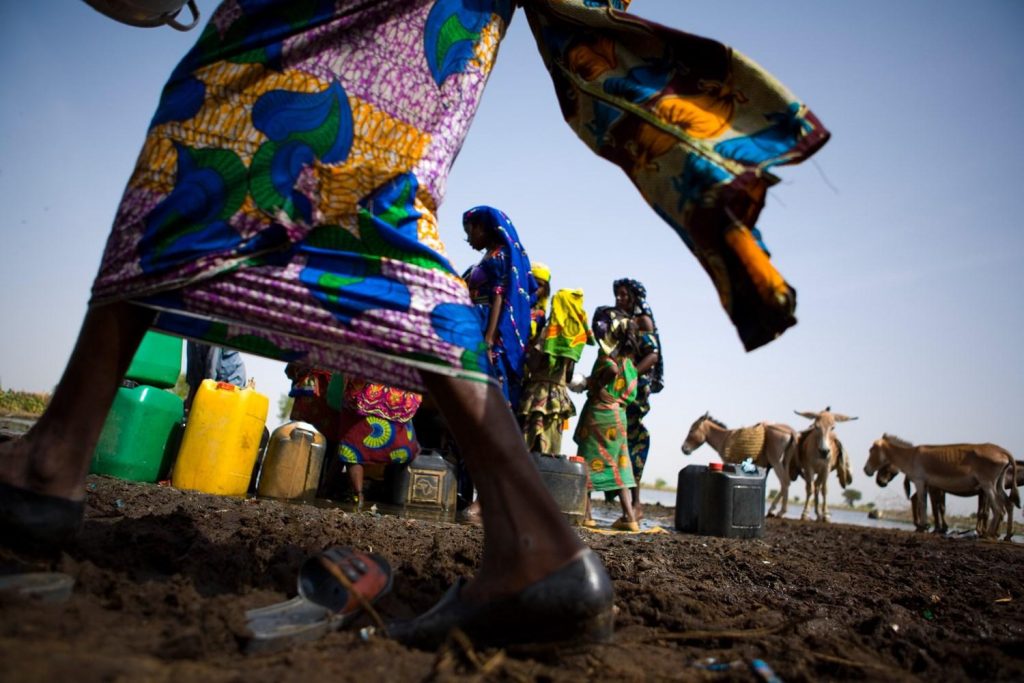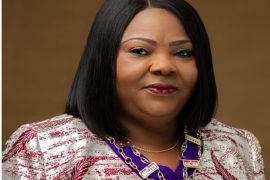Miracle Nwankwo
Women around the world are linked by a similar pursuit which is their aspiration for the comfort and welfare of their children and families. They all hope for a world and a future where their children can have improved lives than they have had without war, disease, poor education, injustice, and the destruction of the environment.
To this end, about 99% of women all over the world are working tirelessly for the future they have hoped for. In different spheres of life and at all levels, at the center of every woman’s labor is a purpose driven agenda to make the world a better place. This is why they are the world’s best bet in solving global challenges including climate change.
We have seen situations and ordeals change for the better when a woman comes into the equation, this might still be the only solution to the problems in the world as many have predicted. The earlier the world begins to realize this, the better for all of us.
Climate Change according to the UN is the defining issue of the present and we are at a defining moment. Although the impacts of climate change are felt by everyone but at the time not equally. The fact has been that the vulnerable people of the society are the most affected, both in developed or developing countries. However, women bear the greater brunt from the impacts of climate change in situations of poverty and due to existing roles, responsibilities and cultural values.
In a world where global warming and environmental degradation continues to threaten the pursuit of the sustainable development goals, women have maintained dedicated effort towards influencing health, food security, nutrition, production, and people’s income. This is a pointer that they are not only well suited to find solutions to prevent further degradation and adapt to the changing climate, they also have a vested interest in doing so due to their customary roles in agricultural production, and as the procurers of water, cooking fuel, and other household resources. For this reason, many including experts have come to the conclusion that in tackling the challenges of climate change empowering women to safeguard the environment is the very first step to consider.
Investing in women brings back multiple benefits, because it extends to their families, communities and the countries where they reside. Extensive studies have proven this in many ways. A particular study on women in leadership found that countries with higher female parliamentary representation are easily given to legislative frameworks and resolutions that build environmental development. To further buttress this, some data have suggested that when women have rights to land and many other amenities, they utilize resources sustainably. Therefore, involving women in climate change solutions is a guarantee to adequate safe drinking water, food, clean air, and shelter for the present and future generation.
Women have priceless and helpful knowledge of societal values, if harnessed will bring about lasting solutions to climate change. This fact has been revealed by various studies and researches on women who have also advised the involvement of women as decision makers when plans on resilience and disaster are undertaking, because they adapt easily to the effects. Their contributions as policy makers, educators, stakeholders, caregivers will go a long way in averting the problem of climate change.
In the light of this, it is important to note that opportunities for enlightenment and sensitization should be focused on women. More gender-friendly (sponsored) training and workshops should be facilitated so that women can acquire the requisite knowledge and gain skills necessary to combat climate change. With their inherent ability to instill knowledge it can be guaranteed that the knowledge will be extensively used. On the other hand, tackling climate change with a gender lens, automatically address women’s rights, tackling rather than exacerbating existing gender inequalities.




